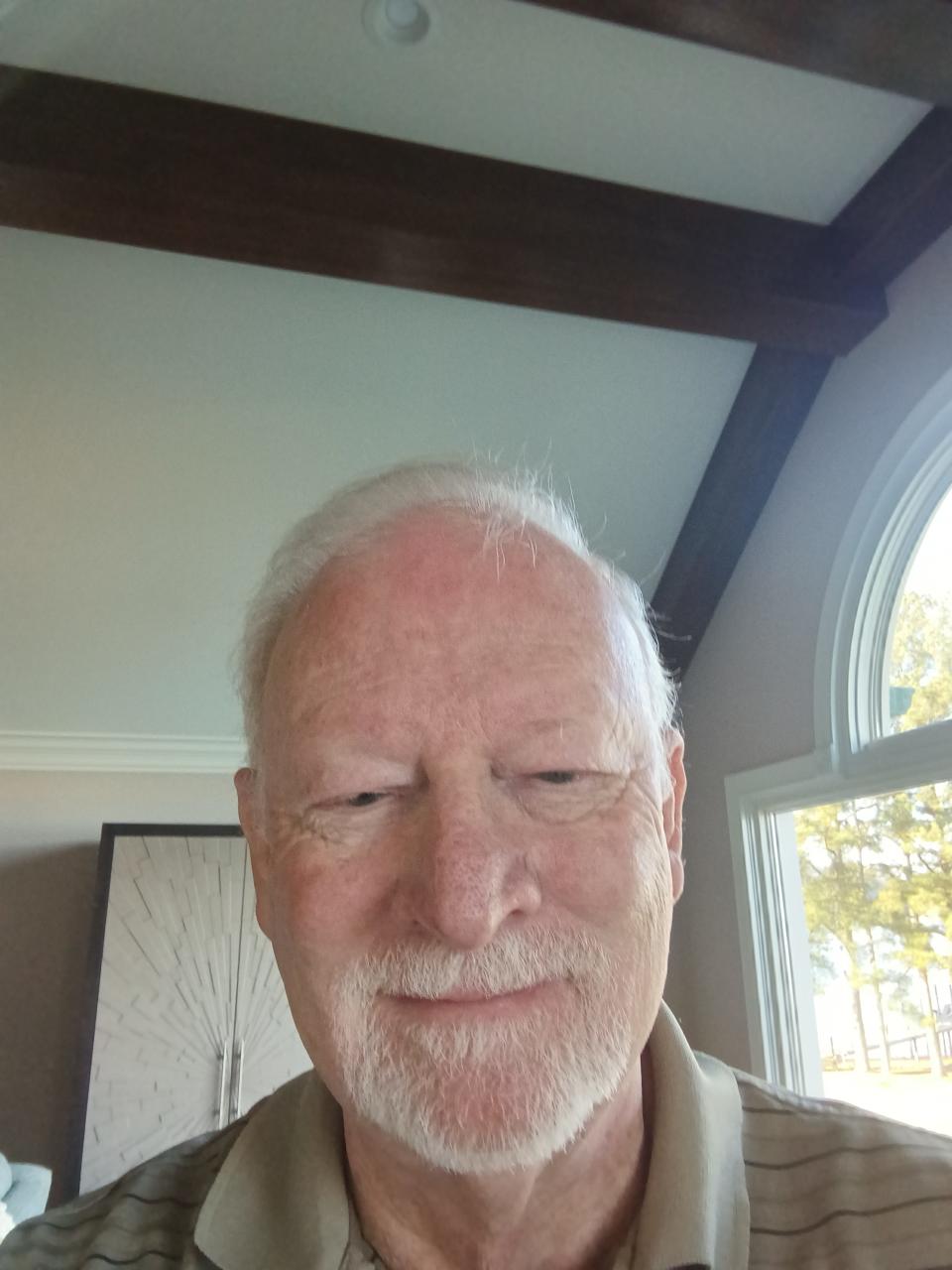How the insurance-driven world of the American medical system affects doctors and patients | Opinion
I went to my doctor recently. I am a retired physician. Just a routine follow-up visit. No big deal. I am generally well except for a few common ailments typical of an aging baby boomer.
He is a nice fellow and a competent doc who I believe has the best interests of his patients at heart. He is not unlike most physicians in the U.S., well-trained, technically competent, and hard working.
“What do you mean? Don’t we have the best medicine in the world,” my golfing buddies will say when I suggest our system is flawed. They talk about the new joint replacement techniques and how many different doctors they see.
My 10-minute routine follow-up was not over. I had to slog through the Medicare Wellness exam, which, all well intended, attempts to assess your cognitive function and home situation. I then had to sit in a pitch-black room for 30 minutes to have a retina screen. Never mind that I just saw my eye doctor and had a comprehensive retina exam.
Hear more Tennessee Voices: Get the weekly opinion newsletter for insightful and thought provoking columns.
What’s behind all these medical tests
Medicare Advantage was started in 2003 by Congress to manage care and save money. Large private insurers get a monthly fee from the government to take care of a pool of Medicare patients. Heavy marketing and accusations of “upcoding” and “cherry picking” healthy patients have ensued. Nearly half of the Medicare population have Advantage plans, mostly due to extra benefits (dental, eye) provided by these plans.
Large insurers drive the train now. Medicare Advantage is the engine that drives much of their profit. According to the Kaiser Family Foundation, Advantage plans have cost the government many billions more than regular Medicare.
Medicare Advantage plans, who can increase their star rating, by meeting multiple so called quality benchmarks, and by focusing on coding, can increase monthly reimbursements.
This explains why doctors, particularly primary care, spend many hours focusing on coding and quality measures.
The computer, not the patient, becomes the focus as physicians get pressure from business-oriented leaders to “check all the boxes” to maximize revenue.
Sign up for Latino Tennessee Voices newsletter:Read compelling stories for and with the Latino community in Tennessee.
Sign up for Black Tennessee Voices newsletter:Read compelling columns by Black writers from across Tennessee.
Medical practice is captive to larger forces
It is worse because many physicians are employed by large hospital systems and large physician practices, which are contractually obligated to insurers, who push all these quotas downstream, in return for increased reimbursement.

I am a patient now. My physician is no longer an independent practitioner. Medical practice is captive to larger forces, fueled by mergers and acquisitions. Vertical integration, where insurers buy up and take control of healthcare delivery, is the new rage. Private equity is now in the game, buying medical practices and hospitals, experts at sucking profit out of the system, without adding value. It matters not if you join a Medicare Advantage plan, we are all affected.
Physicians are burnt out. Nurses are leaving the profession. Rural hospitals are closing, and our whole system seems on the verge of collapse. Major hospital systems here in Tennessee, and across the country, risk cutting whole populations out of essential services, due to contractual disputes with big insurers.
The very reason we went into healthcare, to take care of sick people, often seems lost in the morass.
Back to my visit, it's still going, even a few days and weeks afterward. A letter arrives from my physician's practice to contact an insurance broker, no doubt to steer me into a Medicare Advantage plan.
Wait! Email: “Please complete our patient satisfaction survey.”
I only needed 10 minutes and my meds refilled.
I have another appointment with my insurance company in a few months.
David Wooten was born and raised in Lafayette, Tennessee, and holds a BA from University of Tennessee Knoxville and a medical degree from University of Tennessee Health Science Center in Memphis. He practiced internal medicine and palliative care Knoxville for 36 years and is now retired, living on Tellico Lake in East Tennessee.
This article originally appeared on Nashville Tennessean: Health care: Insurance-driven world affects doctors and patients

